SHEARING IS NOT ALWAYS CARING
For years now, the public has been well aware of the savage cruelty behind the fur industry. Just wearing fur is becoming more and more socially unacceptable. Clothing made out of leather is still in the "grey zone", and with the appearance of articles and videos that testify to ethical and ecological problems, that show the cruel side of the production of leather, motivating the population as well as companies to reject it. For some reason, it seems that wool does not yet have this effect. While the harsh reality of angora production is being talked about more and more, sheep's wool is still considered as a harmless fabric. But is it ? A question that is not asked very often, and is of existential importance for those whose voice is not heard but should be. Today, sheep are bred to produce as much wool as possible, which in itself brings many problems.
In Australia, the country that is the largest producer of wool in the world, merino sheep are most often represented. They are specially bred to have wrinkled skin, which means more wool per animal. This unnatural load of wool on animals during the summer period and high temperatures cause the death of animals due to dehydration and exhaustion. There is also an accumulation of urine and moisture, which attracts flies that lay their eggs in the folds of the skin, and after the worms hatch, they very often bite the skin and create sores. Since sheep have thick wool, such wounds are often not visible and therefore it is difficult to treat them.
Workers who shear sheep have a solution to this problem and that is 'mulesing'. In order to prevent the worms from nesting, folds of skin with wool around the tail and the back of the legs are removed, without any anesthesia and in very non-sterile conditions, in order to create a "smoothness" in that area. This inhumane solution favors the creation of new infections and diseases, because the open wounds that remain attract even more parasites in this case - flies. Also, the treatment of workers in the wool industry goes beyond all ethical and humane principles.
These peaceful, social animals are often subjected to extreme violence before the shearing process even begins. Every day they suffer blows, kicks in the head, thrown to the floor - all because they try to escape the violent hold while their wool is aggressively removed, leaving bloody blade marks, cuts and bruises. Some of them die as a result of this barbaric act even before the end.
It is common knowledge that sheep are animals that require shearing and removal of wool, both because of the physical problems that occur due to the overgrowth of wool, such as difficulty moving, eating, limited vision, and also because of the health aspect that accompanies the above. Consequently, it is important to emphasize that the point of raising awareness about the wool industry is not to completely abolish the process of removing the wool from sheep, but to make the inhumane treatment they are subjected to on a daily basis become, as it is - unacceptable!
The way that all of us as individuals can help is by boycotting mass industries and the terror that animals go through, and by advocating a non-invasive and more humane approach to the process itself. Companies that still use wool from mass industries: H&M, Zara, Pull & bear, Bershka, Massimo Dutti, Max Mara, Uggs, Karl Lagerfeld, Hugo Boss, Armani, Gucci, Dior, Chanel, Versace and many more.



